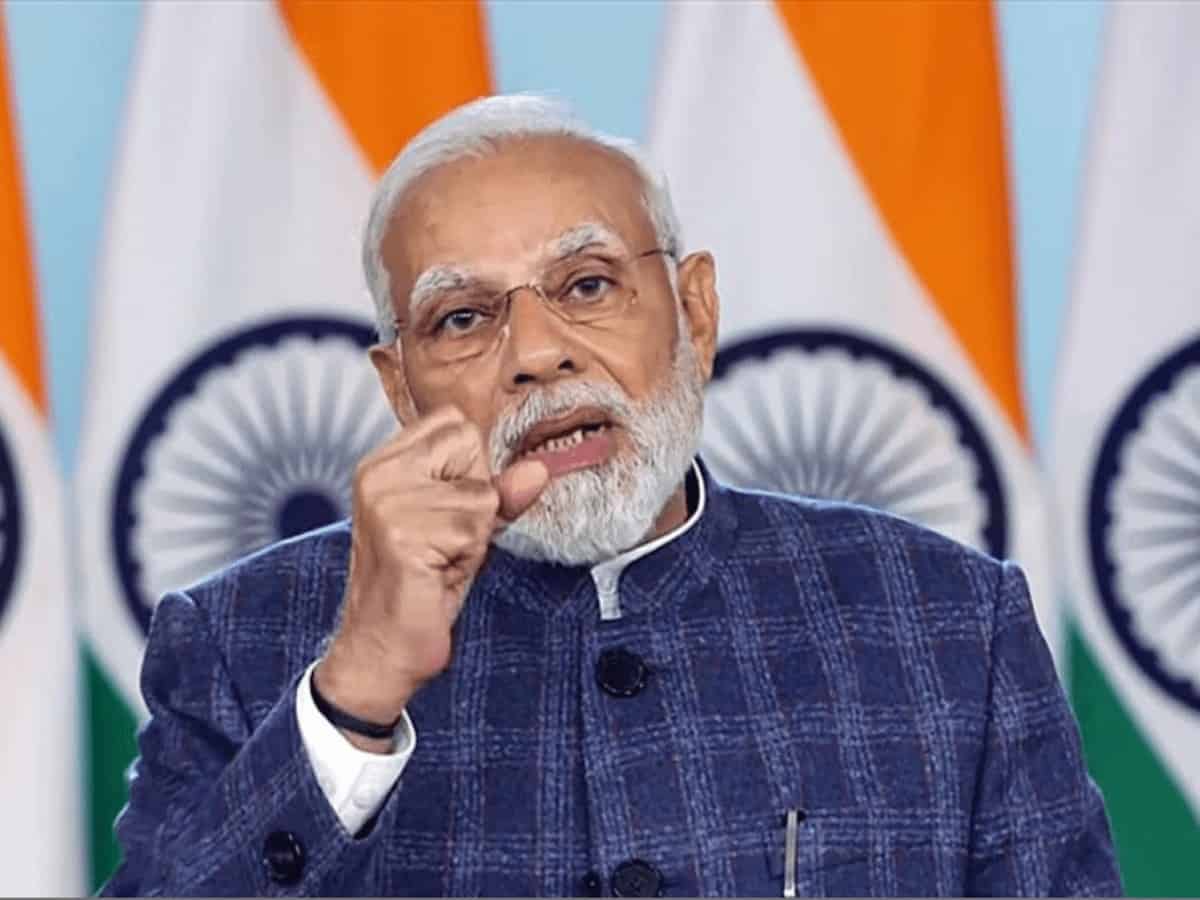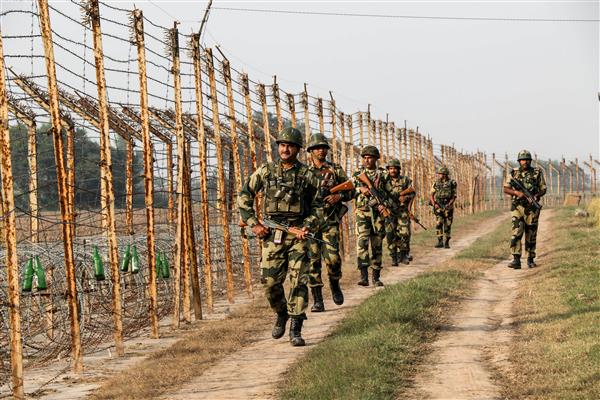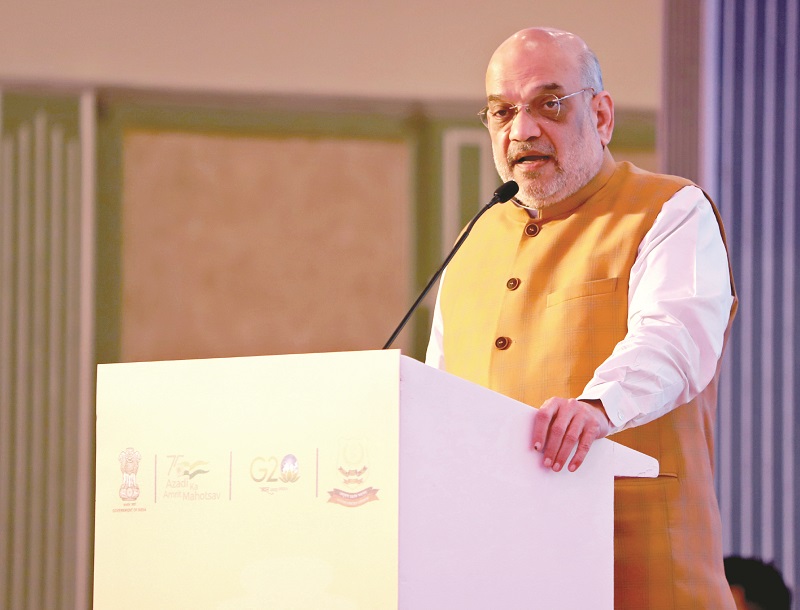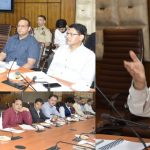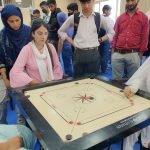Srinagar, Mar 24: On World Tuberculosis Day, Prime Minister Narendra Modi awarded Jammu and Kashmir UT for setting the standard for tuberculosis elimination in India during the One Global TB Conference at the Rudrakash Convention Centre in Varanasi.
During the End TB meeting in New Delhi in March 2018, the Prime Minister urged India to meet TB-related SDG objectives by 2025, five years ahead of schedule.
Bhupinder Kumar, Administrative Secretary of Government H&ME Department from Jammu and Kashmir UT, was honoured by the Prime Minister for emerging as a pioneer for TB eradication in the country.
Significantly, only two states/UTs received bronze this year, namely Jammu & Kashmir, for a 20% overall reduction, while Karnataka got silver for a 40% drop in TB cases.
Kumar, who attended the award event, stated that all state and territorial administrations have been working hard to reduce TB prevalence and eradicate TB by 2025.
Kumar, who was present at the award ceremony, said all State/UT governments have been working hard to reduce the TB incidence and eliminate TB by 2025.
“We have an ambitious target and in order to achieve that target it requires hard work and commitment. The TB incidence has seen decline in Jammu and Kashmir and this award is in recognition of that work,” the Administrative Secretary told rising Kashmir.
“From the baseline year of 2015 we have been able to decreasethe cases. We are focussing on early detection in order to prevent the spread and we are focussed on treatment,” he said, adding, J&K has improved testing capacities and is focused on treatment.
Notably, three districts in J&K that include Pulwama, Anantnag and Budgam have reported more than 80 percent reduction in cases. Budgam had achieved the feat in March 2021.
Two days ago Anantnag and Pulwama districts in south Kashmir were declared TB-free during the second round of sub-national certification for TB elimination in India.
At the One World TB Summit at Rudrakash Convention Centre at Varanasi organized by the Ministry of Health and Family Welfare (MoHFW) and Stop TB Partnership, the Prime Minster also awarded respective Deputy Commissioners from Pulwama and Anantnag.
Kumar said the incidence of TB is declining and it is happening with the tireless efforts of the healthcare workers in J&K. The TB incidence is regularly monitored by the J&K LG.
“This is very important we aim at eliminating TB by 2025. District have also played a very pivotal role. This award will give us more motivation in future to do more,” he said.
State TB Officer, Dr Adfar Qadri said J&K has the distinction of having three districts with TB three. “TB incidence is declining in Kashmir. We will achieve TB elimination by 2025 as we are doing intensified and active case finding and case screening,” she said.
Dr Adfar said there are four categories of recognition in achievement of reduction of case targets, the top spot being TB-free status meaning 80% reduction.
The other categories include gold medal category (over 60% reduction), silver medal category (over 40% reduction) and bronze medal category (over 20% reduction).
The highly infectious disease continues to remain one of the major health concerns in the valley. However, over the years cases have declined.
Dr Adfar said the health department has started treatment of Latent TB Infection and they are working to identify contacts of infected patients. “We are providing preventive treatment to contacts that can further limit the spread of disease,” she said.
She said they had taken several measures over the years to develop infrastructure and employ manpower for the early detection and effective treatment of the disease.
The Health Ministry has set a target of reducing the incidence of new TB cases by 80% to end TB by 2025 while efforts towards TB elimination vary across States/Districts.
In India, the Revised National TB Control Program (RNTCP) provides free TB treatment at all govt. medical facilities through Directly Observed Treatment Short course Strategy (DOTS) system which is recommended by the World Health Organisation.
Under this system, a patient is given an identification card that tracks their site of infection, severity and treatment course and adding them to a national database.


